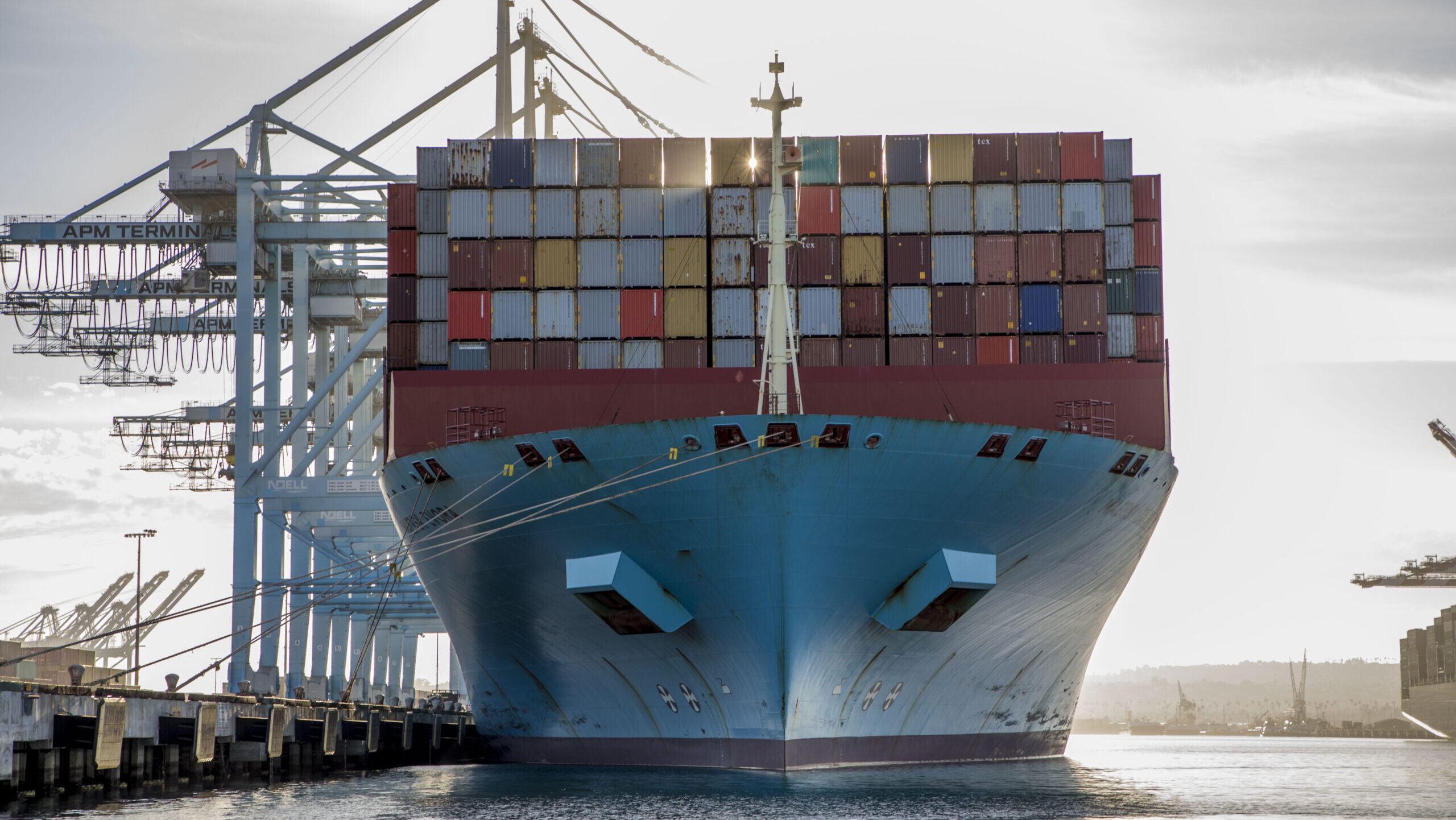The Current Landscape of International Shipping Regulations
The complexities of international shipping are akin to navigating a labyrinth. Companies worldwide rely on the shipping industry, and when regulatory changes loom on the horizon, it’s crucial to grasp their implications. Shipping is not merely about merely transporting goods from A to B; it involves a delicate balance of regulations, compliance, and competitive practices. This piece delves into the recent warnings issued by shipping giants concerning unilateral regulatory measures and their potential consequences on the logistics landscape.
Key Insights from Leading Shipping Companies
In an increasingly interconnected world, the Federal Maritime Commission (FMC) has been scrutinizing the shipping industry’s operational integrity, particularly concerning flag states that exhibit lax regulatory measures. Recently, a significant player in the shipping sector raised a flag of caution regarding the possibility of unilateral measures aimed at curbing foreign competition. The giants of the industry, like Maersk, emphasized that merely tightening regulations without international cooperation could lead to more significant complications.
Understanding Flags of Convenience
Flags of convenience allow ship owners to register their vessels under foreign countries with less stringent regulations. While this practice can help cut operational costs, it also opens doors for unscrupulous activities that undermine fair competition. Maersk highlighted that seeking to impose a national list of acceptable and unacceptable flags may lead to regional entities weaponizing these lists against each other. This scenario can escalate into a trade war, making logistics less efficient and more expensive for all involved.
Support for Existing International Frameworks
Rather than erecting barriers, companies like Maersk emphasize revitalizing and reinforcing existing international frameworks, such as those set forth by the International Maritime Organization. There’s a clear takeaway: stronger international collaboration ensures safer shipping practices while preserving fair competition. The integrity of global trade heavily relies on a collective effort rather than individual national regulations—a lesson that should resonate across industries.
Shifting Perspectives on Regulation
Conversely, organizations like Global Financial Integrity (GFI) advocate for more stringent domestic regulations in response to foreign ships that might not adhere to safety standards. GFI’s findings depict a concerning trend whereby many vessels flagged as convenience states are often linked to extensive violations and risks. A prime example can be observed in data pointing to high incidences of goods seizures tied to these ships, raising alarms about the potential threats posed to U.S. interests.
GFI suggests enhanced inspection measures specifically tailored for ships flagged under convenience regimes. Such measures could include the FMC, U.S. Customs and Border Protection (CBP), and U.S. Coast Guard deeming these vessels as high-risk. While the sentiment for manageable risk is valid, it’s essential to consider the logistical ripple effects such regulations could have on global trade.
A Balancing Act
Regulatory discussions are essential, but they should strike a balance between national interests and the inevitable realities of a global economy. The possibility of creating a regulatory web that inadvertently increases costs for domestic shippers all while minimizing the effectiveness against foreign flagged vessels is something to be careful about. The rabbit hole of unintended consequences can lead everyone down a path that makes logistics more cumbersome.
Logistics Impact and Future Projections
As international shipping battles regulations, the future of logistics hangs in the balance. The burden on logistics operations could increase if foreign vessels face unnecessary complications due to heightened regulatory measures. If regional and national entities bolster their lists, the potential for misunderstandings and operational delays will also rise, creating a less predictable and more expensive logistics climate.
How GetTransport.com Fits In
During these turbulent times, it’s crucial for businesses to remain agile. Platforms such as GetTransport.com emerge as beacons of efficiency. By streamlining transportation solutions—be it office relocations, cargo deliveries, or moving bulky items—GetTransport.com can mitigate the logistical pitfalls created by impending regulations. Their versatile offerings can cater to various transport needs while ensuring cost-effective services.
Final Insights into Regulatory Developments
In summary, it’s evident that current discussions about shipping regulations can reshape the landscape of logistics. The lessons learned from Maersk, GFI, and other stakeholders underline the importance of engaging in cooperative dialogue rather than erecting barriers. While reliable reviews and genuine feedback are beneficial, no one can quite match the power of personal experience. With GetTransport.com, the possibility for global logistics meets the convenience and transparency that modern businesses crave.
To stay ahead of the game and ensure smooth operations amidst regulatory changes, consider leveraging GetTransport.com for your next logistics venture. It offers you exceptional cargo transportation solutions at competitive rates, ensuring that your logistics needs are fulfilled without breaking the bank. Simplifying logistics is made easier—start planning your next delivery with GetTransport.com today!
Book your cargo transportation with GetTransport.com now! GetTransport.com

